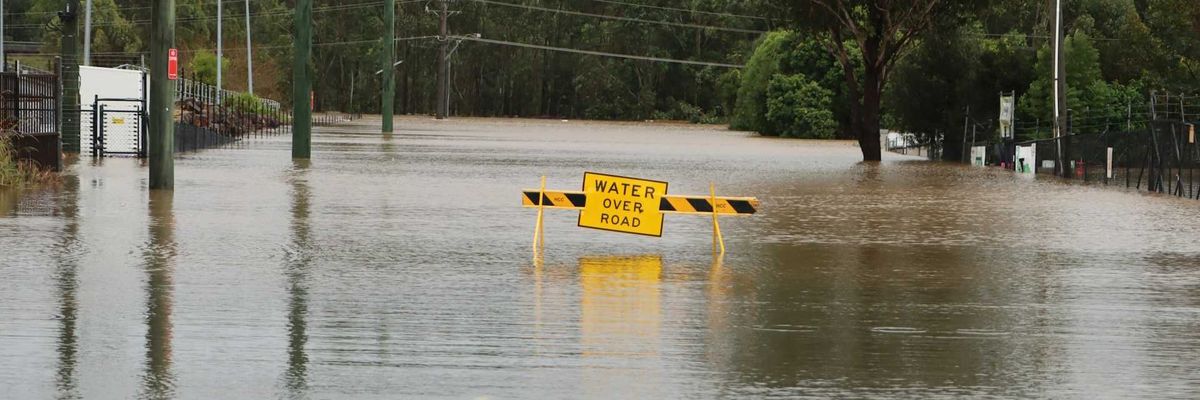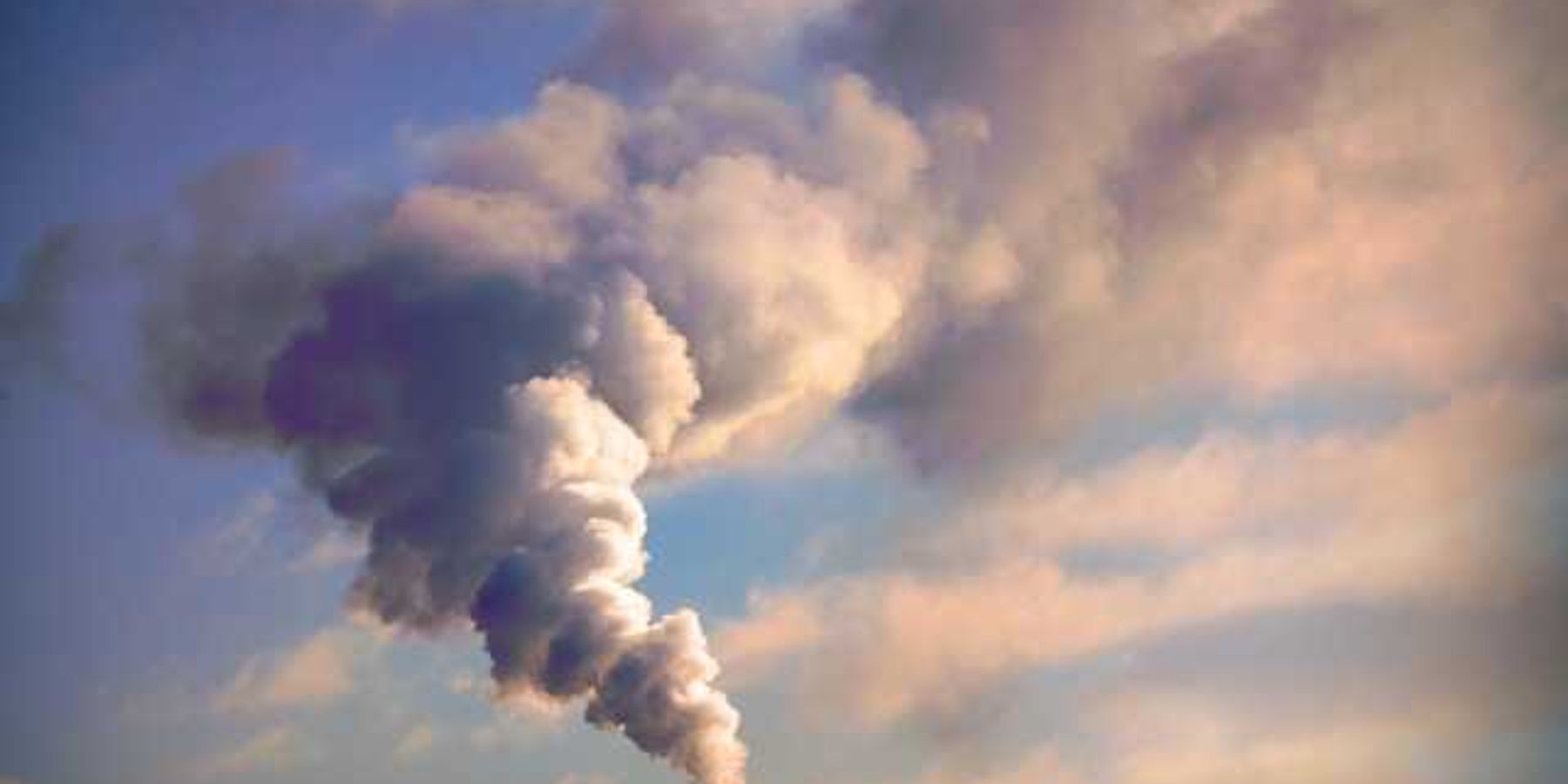pollution
Car travel now exceeds pre-pandemic levels in most US cities
A recent report shows that vehicle miles traveled in the US have risen 12% since 2019, with New York City’s urban core seeing the largest increase.
In short:
- Driving in most US metropolitan areas is higher than before the pandemic, with a 12% increase in vehicle miles traveled (VMT) from 2019 to 2024.
- NYC saw a 14.7% rise in daily VMT per capita, the highest of any major city center, while Los Angeles saw a 17% decline.
- Remote work and population shifts may be contributing to changes in driving patterns.
Key quote:
“Congestion is pretty stubborn.”
— Emily Adler, director of content at StreetLight Data.
Why this matters:
Increased driving worsens pollution and traffic congestion, both of which complicate efforts to meet climate and public health goals. Policymakers must address infrastructure and urban planning to curb these trends.
Read more:
Nicholas Kristof: Climate change’s overlooked impacts on daily life
Rising global temperatures are quietly affecting human health, education, and behavior, not just fueling apocalyptic scenarios.
In short:
- Extreme heat is linked to more accidents, suicides, and violent crimes, as well as worse academic performance.
- Wildfires, exacerbated by climate change, are causing widespread air pollution, leading to thousands of premature deaths yearly.
- Rising temperatures disproportionately affect disadvantaged groups, worsening inequality in education and health.
Key quote:
“The familiar climate catastrophe framing may be missing some of the most important features of the real climate change story.”
— R. Jisung Park, economist at the University of Pennsylvania
Why this matters:
Climate change’s incremental effects are already taking a toll on human well-being. Focusing solely on catastrophic outcomes risks overlooking the current, tangible harm caused by even modest warming, especially among vulnerable populations.
Newaygo, Michigan, plastics facility sparks concerns over pollution and climate impact
Plans to build a chemical recycling facility in Newaygo, Michigan, have raised environmental and regulatory questions about its impact on the community.
Anne McNeil, Aleksandr V. Zhukhovitskiy, and Yutan Getzler write for The Conversation.
In short:
- The Newaygo facility will convert plastic waste into fuels through pyrolysis, which emits greenhouse gases and pollutants.
- Michigan law classifies chemical recycling as manufacturing, allowing the plant to bypass stricter pollution controls.
- Experts argue that turning plastics into fuel worsens climate change and fails to qualify as true recycling.
Why this matters:
Burning plastic-derived fuels exacerbates air pollution and climate change. Labeling such processes as recycling may mislead the public while undermining efforts to promote sustainable waste management solutions.
Learn more: Chemical recycling grows — along with concerns about its environmental impacts
New research seeks to address climate change’s impact on Nova Scotia’s air quality
A new study in Nova Scotia is focusing on how climate change-driven wildfires and pollution are affecting lung health and how communities can better prepare.
In short:
- Nova Scotians are experiencing more respiratory issues due to climate change, with wildfires and heat worsening air quality.
- Dalhousie University’s Sanja Stanojevic leads research using low-cost air monitors to gather localized data on air pollution.
- The project aims to help residents and health officials respond proactively to poor air conditions.
Key quote:
"Even without the wildfires, there are climate-related changes to our air quality that are impacting people's lung health."
— Sanja Stanojevic, respiratory epidemiologist at Dalhousie University
Why this matters:
Poor air quality from wildfires and rising temperatures is worsening respiratory conditions like COPD and asthma. Understanding and addressing these local impacts could help communities manage health risks and reduce hospitalizations.
Learn more:
Chevron agrees to a $550 million settlement with California city
Richmond, California, secured a half-billion dollar settlement from Chevron after proposing a ballot tax on barrels produced at its local refinery, setting a potential model for other cities.
In short:
- Chevron offered a $550 million settlement to avoid a proposed barrel tax in Richmond, California.
- The settlement could fund Richmond's budget for ten years and encourage similar actions in other refinery towns.
- Activists view the deal as a mixed victory, while some cities are already considering similar initiatives.
Key quote:
“The community of Richmond has created a movement that will echo across the nation.”
— Eduardo Martinez, Mayor of Richmond
Why this matters:
Cities across the U.S. could use Richmond's strategy to pressure large polluting industries into settlements. This approach may empower local governments to secure funding while holding corporations accountable for environmental impacts.
Read more: Pollution, Poverty, and People of Color: 'We Are Richmond'
The Army Corps and NYC criticized for ignoring local voices in climate resilience efforts
New York City’s environmental justice activists are frustrated by the lack of input in climate resilience projects, saying the Army Corps often focuses too much on protecting real estate and storm surge rather than broader flood risks.
In short:
- Activists say the Army Corps overlooks the specific needs of vulnerable communities when designing flood protection plans.
- Local groups argue that wealthier areas receive more attention and funding, while low-income neighborhoods are ignored.
- Some communities have developed their own climate resilience strategies, though implementation remains a challenge.
Key quote:
“Wealthy communities, when worse comes to worse, they can get themselves out of this problem on their own—they have the money to protect themselves.”
— Victoria Sanders, climate and health manager, New York City Environmental Justice Alliance
Why this matters:
Local voices are vital for creating effective, fair climate resilience plans. Without incorporating community input, flood protection efforts risk deepening existing inequalities.
Read more: Opinion: Finding climate solutions in communities instead of labs
Georgia regulators to vote on controversial biomass energy plan
Georgia Power's proposal to burn wood for energy has sparked debate over costs and pollution ahead of a key vote by state regulators.
In short:
- The Georgia Public Service Commission will vote on a proposal to add 80 megawatts of biomass-fueled power, with critics citing pollution and high costs.
- Environmental groups and consumer advocates argue the plan will lead to higher electricity bills, with costs estimated to be several times higher than other new energy sources.
- Supporters, including the Georgia Forestry Association, claim the biomass plan offers economic benefits and helps manage tree debris from storms like Hurricane Michael.
Key quote:
“The price of one unit of energy from the Altamaha PPA, it looks like it’s well over three times the avoided cost, or the economic value of a unit of this energy.”
— Aradhana Chandra, attorney with the Southern Environmental Law Center
Why this matters:
The decision could set a precedent for future energy projects in Georgia, affecting both environmental outcomes and utility costs for residents.
For more:









